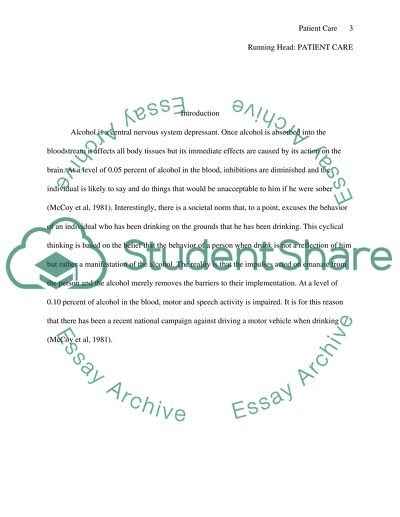Cite this document
(“The Care Given to a Patient Case Study Example | Topics and Well Written Essays - 3000 words”, n.d.)
Retrieved from https://studentshare.org/health-sciences-medicine/1508258-the-care-given-to-a-patient
Retrieved from https://studentshare.org/health-sciences-medicine/1508258-the-care-given-to-a-patient
(The Care Given to a Patient Case Study Example | Topics and Well Written Essays - 3000 Words)
https://studentshare.org/health-sciences-medicine/1508258-the-care-given-to-a-patient.
https://studentshare.org/health-sciences-medicine/1508258-the-care-given-to-a-patient.
“The Care Given to a Patient Case Study Example | Topics and Well Written Essays - 3000 Words”, n.d. https://studentshare.org/health-sciences-medicine/1508258-the-care-given-to-a-patient.


